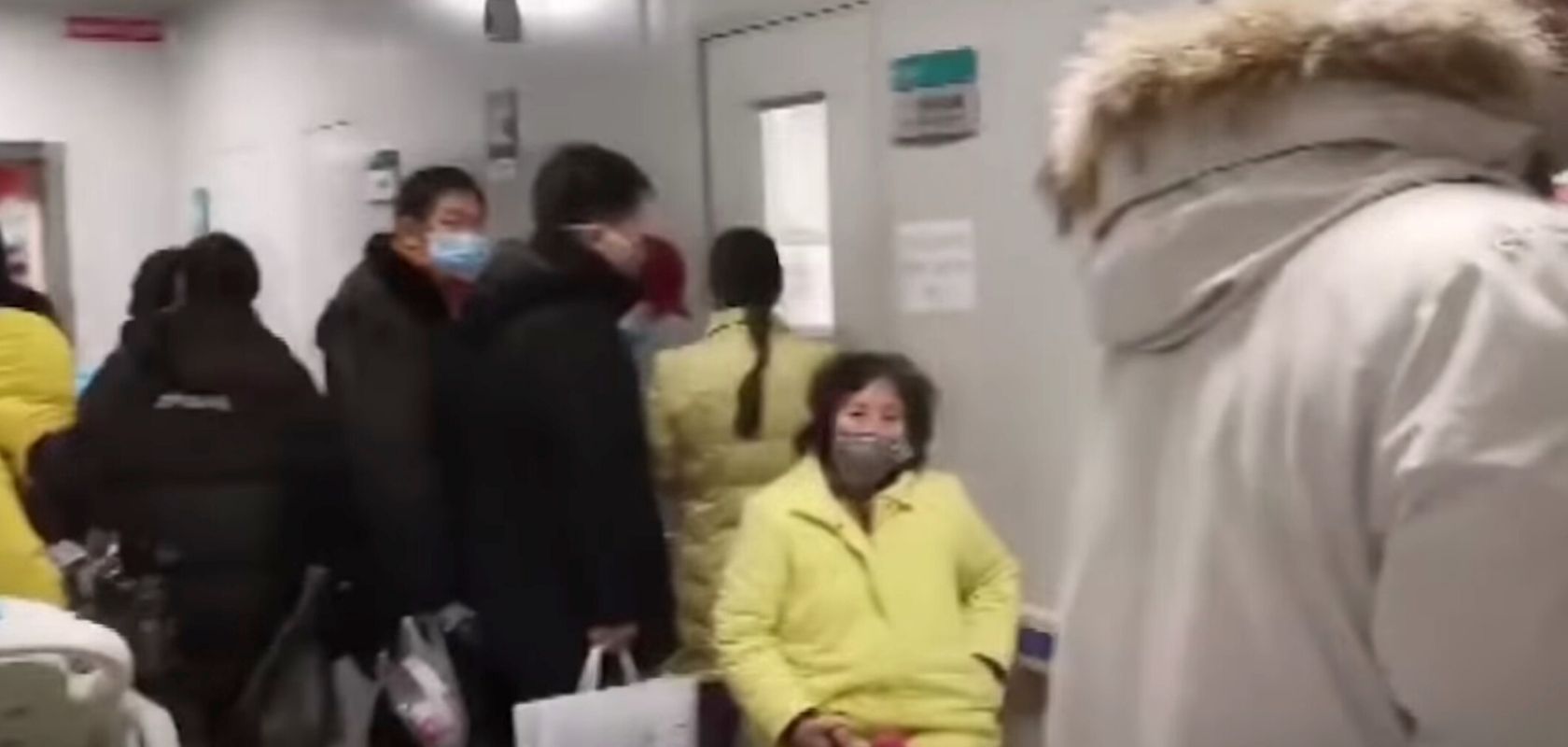The Chinese government is really not happy about the coronavirus, but not just for the obvious reasons.
They’re more worried about how the coronavirus makes them look, especially after they tried to suppress Dr. Li who first discovered it and tried to warn about it back in December.
Even after acknowledging the epidemic and apologizing to Dr. Li (who has since allegedly passed from the disease), the Chinese government continues to censor coverage of coronavirus in news and even discussions of it on social media; ironically fighting the potential bad press over their censorship with even more censorship.
Chinese citizen journalists Chen Qiushi and Fang Bin have been covering the virus from the epicenter of the outbreak, the city of Wuhan itself.
One of these two journalists, Fang, went viral when his video of officers in hazmat suits forced their way into his apartment to take him to quarantine, sparking online outrage.
This was after he was detained for his video of corpses in a hospital.
The other, Chen, has not been heard from since Thursday.
Chen has become the most trusted journalist on facts surrounding the coronavirus outbreak, filming some of the most important footage to come out of China’s media bubble, showing atrocities like dying patients and authorities showing up at people’s homes to enforce censorship.
Amidst the recent social media crackdown by the Chinese government, Twitter has seen a significant increase in usership from China.
“There’s a lot more activity happening on Twitter compared with Weibo and WeChat,” says Maya Wang, senior China researcher at Human Rights Watch.
Despite the service being blocked there, users apparently prefer to jump through the necessary hoops to access it to at least be able to get real information about the virus and discuss it freely.
Information about an ongoing epidemic is invaluable to those living in the region that could potentially be infected by the lethal virus without proper precautions.
Of equal importance is coverage of China’s censorship of this information, which gives the western world a rare peek past the Great Wall into what life is really like in China beyond the economy.










